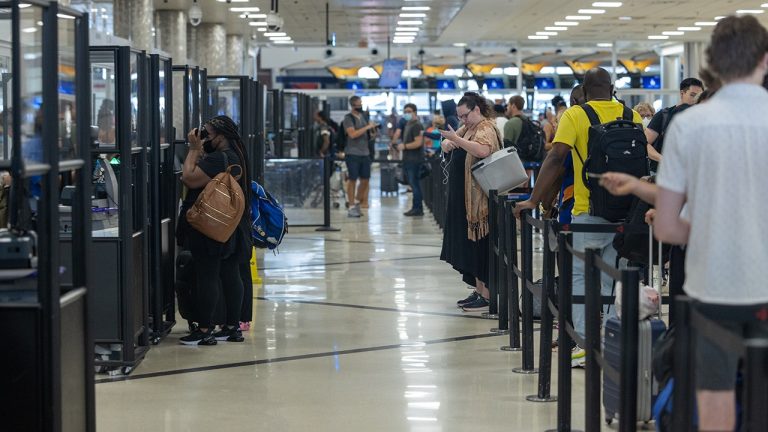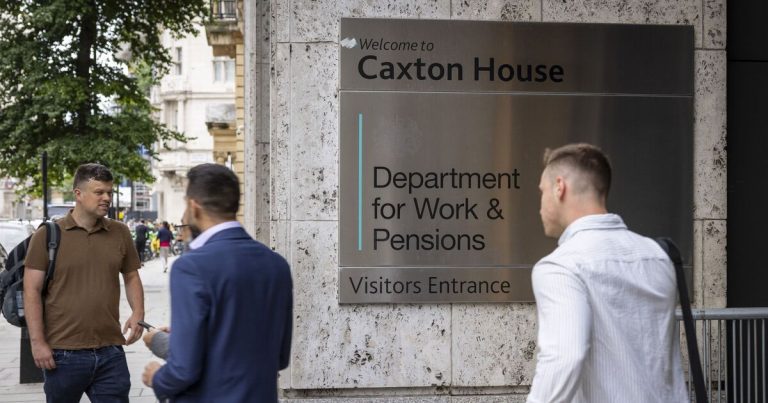
About 3.4 million benefit claimants are poised to face tougher fraud prevention measures from the DWP.
Labour MP Andrew Western, at the Department for Work and Pensions, has indicated that a clampdown on benefit fraud is set to tighten the grip on PIP recipients even ahead of new legislation coming into effect.
In response to Conservative MP Sir John Hayes in the Commons, regarding the handling of PIP fraud, the DWP Under-Secretary announced that “more rigorous checks” will be implemented as part of a more stringent approach.
He said the DWP remains dedicated to “committed to tackling fraud and error”, having collaborated with specialists in fraud prevention to create fresh preventive strategies.
These novel approaches are shaped by case trends and will be implemented ahead of the DWP’s new Fraud, Error and Debt Bill, he said.
The Under-Secretary highlighted three areas where Brits can expect enhanced regulation around the benefit, starting with an intensified identity verification for new applicants.
Current PIP recipients who change personal information could be subjected to more intense verification processes, including “more rigorous checks” when reporting changes around bank details.
Additionally, case managers and healthcare professionals will undergo new training to heighten awareness and equip them to act upon any suspicions of benefit fraud.
Western pointed out that these measures are being put in place ahead of the new Fraud, Error and Debt Bill becoming law. These intensified efforts come after the lowest recorded level of overpayment on PIP.
As of April 2024, £90million was overpaid on the benefit, representing roughly 0.4% of payments made for PIP in that financial year.
In comparison, £200million was overpaid in the 2022/2023 financial year, or 1.1% of payments.
While some of these overpayments relate to fraudulent cases, the vast majority of cases where the claimants were at fault was because they failed to report an improvement in their condition.
According to the latest DWP stats, this accounted for £6 of every £10 overpaid, also the lowest rate since the 2017/2018 financial year.







